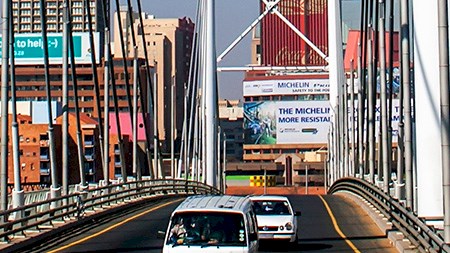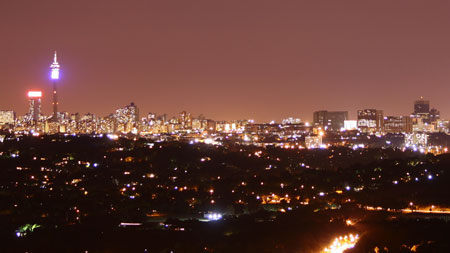A report has looked at the phenomenon of cities around the world with populations of more than 10 million – and Johannesburg is set to become one of them.
A report from Allianz Global Corporate and Specialty has highlighted the fact that more than half the world’s population lives in cities today. As the urbanisation trend continues, by 2030, that figure will be closer to two-thirds of the population. There will also be an increasing number of urban areas with more than 10 million inhabitants. These are called megacities, and by 2030, Johannesburg will be one of them.
In 1950, there were only two cities with that many inhabitants – New York and Tokyo. Today, there are 29, and by 2030, it is projected that there will be 41. The most powerful megacities – New York, London, Tokyo and Paris – have bigger economies than most other countries. Observing the emergence and development of these cities is important because they set the trends for how we will all live in future.
“An extreme concentration of people causes big challenges, especially when it comes to sustainable development, mobility and housing,” says Thomas Liesch, head: climate policy and advisory, Allianz Climate Soltuions. “Large cities face higher levels of CO2 emissions and poorer air quality. Their inhabitants are exposed to air, water and noise pollution leading to poorer health conditions. Living space is scarce and transport is congested.”
The more established the megacity, the lower the risks associated with living there. So, in a fast-growing megacity such as Lagos, there will be challenges including extreme poverty and social segregation, inadequate housing, limited mass transit, poor health due to water and air pollution, low education and skills, corruption and crime, as well as higher disaster risk.
However, Liesch adds that at the same time, megacities concentrate opportunities, talent and investment.
They are economic powerhouses. Some of them, like, for example, New York, Paris or Tokyo, have bigger economies than most countries. This attracts young people to leave the country for large urban centres where they can seize job opportunities.
The report states that the nervous system of tomorrow’s intelligent city will be based on the internet: electricity, transport, supply and disposal systems will be electronically linked. Buildings will produce their own electricity and store it in powerful battery-storage devices. This will result in a decentralised energy-generation and storage system, which will also mitigate the impact of power outages. Traffic-control systems will respond to real-time data, reduce traffic and redirect it. The workplace and the home will merge.
It’s clear that the Johannesburg of 2030 will be different from the one we live in today. But even as we join the megacity trend, other countries in the world – most notably those in Asia – will be seeing the emergence of “gigacities” – supercities of more than 50 million inhabitants. It’s about to get very crowded in the cities of Planet Earth.
This article originally appeared in Neighbourhood, Sunday Times.






